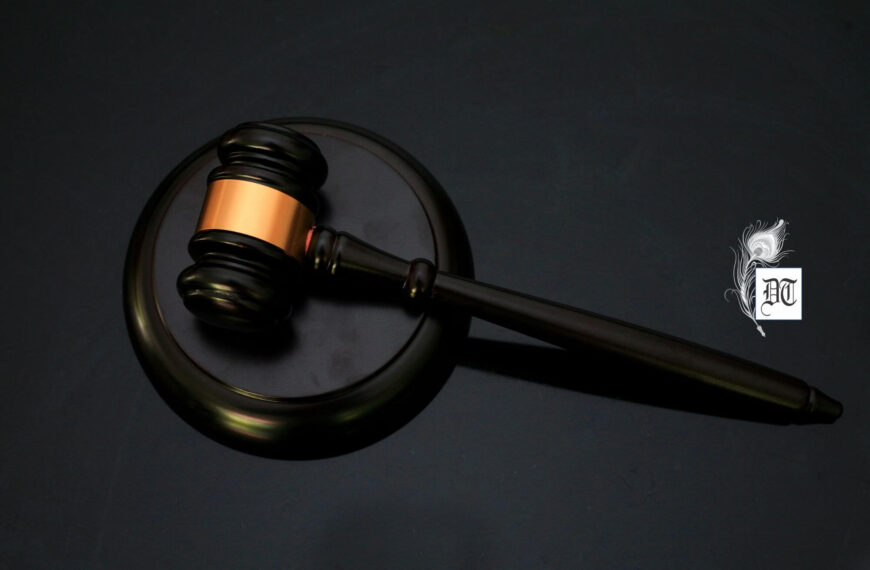Though the Supreme Court collegium had recommended the names of Justice K.M. Thomas and Senior Advocate Indu Malhotra on January 19, 2018, the Centre chose to sit on the files for more than three months, thereby creating a huge outrage amongst lawyers and judges. In fact, Justice Kurien Joseph wrote a scathing letter to the Chief Justice of India (‘CJI’) criticising the government for not accepting the recommendations of the collegium and asking for a meeting of the full court of the Apex Court to discuss the issue. Here’s a report, for Different Truths.
Last week the ongoing tussle between the Supreme Court and the Central government over the appointment of judges took a particularly acrimonious turn, when the Centre on April 26, returned the name of Justice K.M. Joseph, Chief Justice of the Uttarakhand High Court, to the Supreme Court collegium, owing to some vague reasons, while it chose to accept the recommendation of Indu Malhotra, Senior Advocate, to be elevated. The appointment of Indu Malhotra to Supreme Court, which ought to have been a momentous occasion, since she became the first woman lawyer to be appointed to the Supreme Court directly from the Bar, was marred by the Centre’s completely illegal tactics to arm-twist the judiciary, and to scuttle the nomination of Justice Thomas to Supreme Court. This is not the first time the NDA government had segregated the names recommended by the collegium for appointment to the Supreme Court. In May 2014, the same government had asked the Supreme Court to reconsider the name of Gopal Subramanium, Senior Advocate for allegedly ‘national security’ reasons.
Notably, though Supreme Court collegium had recommended the names of Justice K.M. Thomas and Senior Advocate Indu Malhotra on January 19, 2018, the Centre chose to sit on the files for more than three months, thereby creating a huge outrage amongst lawyers and judges. In fact, Justice Kurien Joseph wrote a scathing letter to the Chief Justice of India (‘CJI’) criticising the government for not accepting the recommendations of the collegium and asking for a meeting of the full court of the Apex Court to discuss the issue. Similarly, Justice Lokur as well as Justice Gogoi wrote to the CJI and called upon him to discuss this issue in full court. The timing of elevation of judges to the Supreme Court is highly critical since it affects the seniority of the judges as well as determines the tenure of future Chief Justices of India. By not taking action on the Supreme Court recommendations, the Government has decidedly interfered with the system of appointment of judges, which till now have been relatively insulated from Executive interference.
In its letter to the Chief Justice of India, the Centre noted that Justice K.M. Joseph was not senior enough, and there are eleven chief justices of different High Courts of India, who were more senior to Justice Joseph. Further, Kerala High Court already has one current Judge, i.e., Justice Kurien Joseph, and with this elevation, it would have two judges, whereas many High Courts like Calcutta, Chattisgarh, etc. do not have even a single judge on the Supreme Court. It also highlighted the lack of representation of Scheduled Castes and Scheduled Tribes on the bench.
As is evident from the ostensible reasons, the refusal of the Centre to elevate Justice K.M. Joseph is much more political than its alleged concern for adequate regional representation on the Supreme Court. In 2016, Justice Joseph had struck down the Presidential rule imposed by the Central Government in Uttarakhand bypassing all constitutional and democratic norms, which came under scathing criticism from the High Court, and reinstatement of the Congress Government under Harish Rawat. This is seen as the real reason behind the Government’s opposition to Justice Joseph’s elevation, thereby clearly sending a message to the judiciary to fall in line in the hope of creating a ‘committed judiciary’ and not an independent judiciary. It must be borne in mind that the Executive has made repeated attempts in the past too to interfere with judicial appointments or to dent the independence of judiciary, but no government has been so brazen in its complete disregard of constitutional norms and propriety, and has had a single minded agenda to destroy the independence of judiciary.
The segregation of names sent shockwaves in the judiciary and the Bar. Indira Jaising, Senior Advocate, along with other lawyers, mentioned the issue before the Chief Justice of India and sought a stay on the warrant of Indu Malhotra’s elevation on April 26, 2018, unless Justice Joseph was also elevated. Vikas Singh from Supreme Court Bar Association also pointed out that if a name were rejected in the first go but was then accepted in the second recommendation, the person would then be lower in seniority, even though he or she was recommended originally at the same time. Unfortunately, Chief Justice Dipak Mishra, declined to grant the stay on Ms. Malhotra’s elevation, and even said that “there was nothing wrong in the government returning the file”. Though he has called a meeting of the Collegium this week to discuss the issue of Justice Joseph’s elevation.
The government’s action as well as the CJI’s reaction have come under severe criticism from the former Chief Justices of India, R.M. Lodha and T.S. Thakur, who saw this as a direct infringement on the independence of the judiciary.Justice Lodha was particularly appalled at the way the Government segregated the names and interfered with the seniority of the judges. Justice A.P. Shah, former Chief Justice of India expressed tremendous dismay at the current situation, and how the primacy of the Supreme Court collegium was being eroded by the government’s completely illegal and arbitrary actions.
It was for precisely this reason that the four senior most judges of the Supreme Court had chosen to conduct the unprecedented press conference on 12th January, 2018 to inform the people about the increasing brazen attempts by the Executive to corrode judicial independence. They knew what was at stake. Our democracy and the constitutional structure. Now it is up to the conscientious citizens of India to continue the battle within and outside the courts, which was started by the four judges, albeit with great personal and professional risk, to preserve and protect the democratic soul of India.
Amritananda Chakravorty
©IPA Service
Photo from the Internet

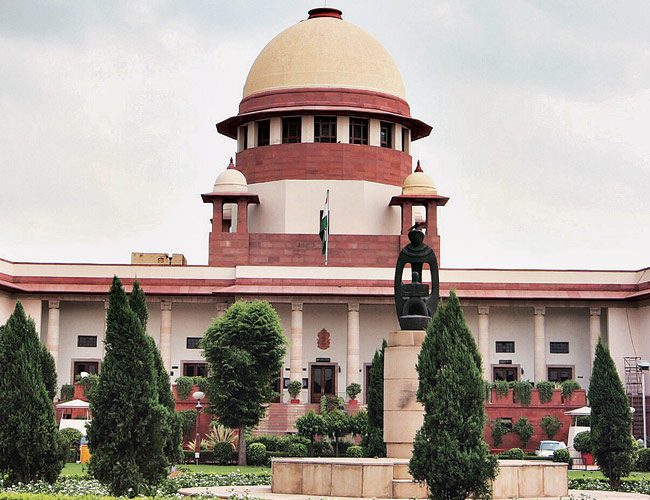

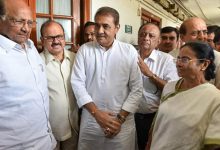
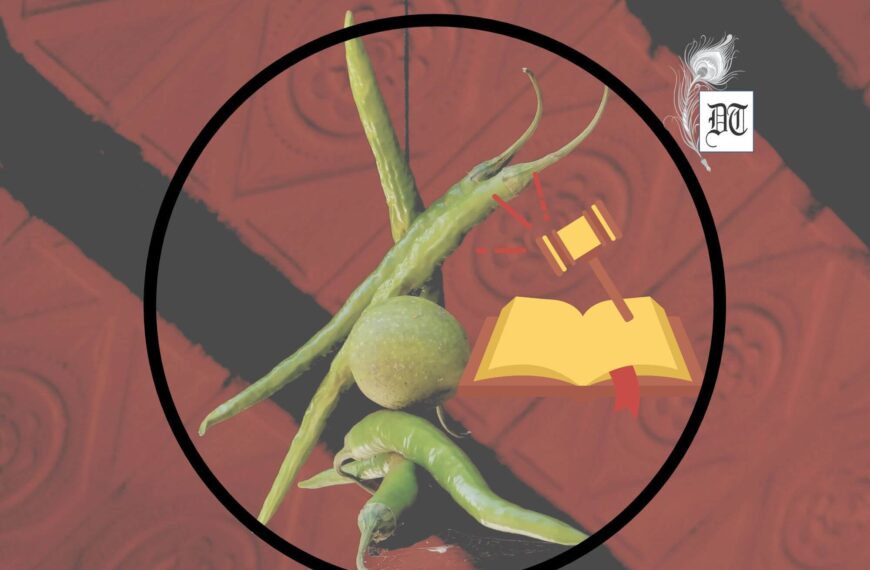
 By
By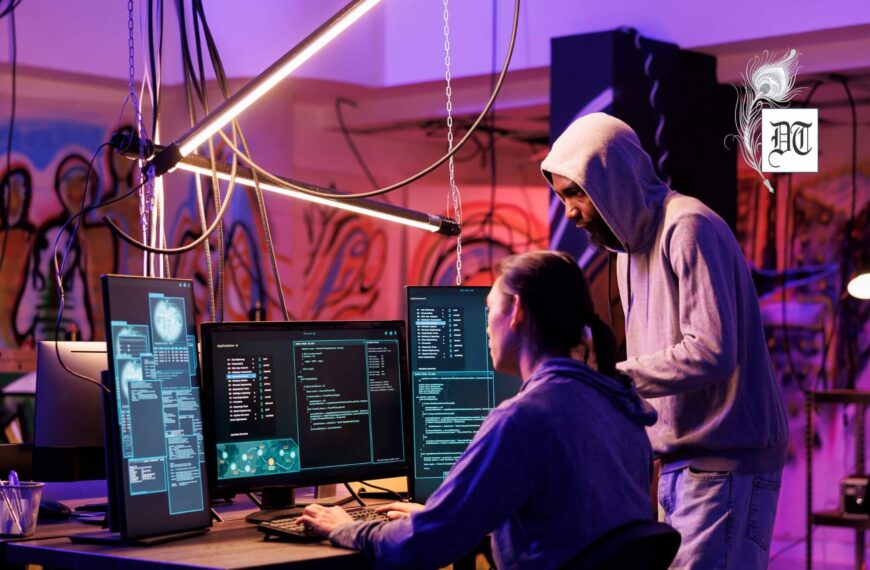
 By
By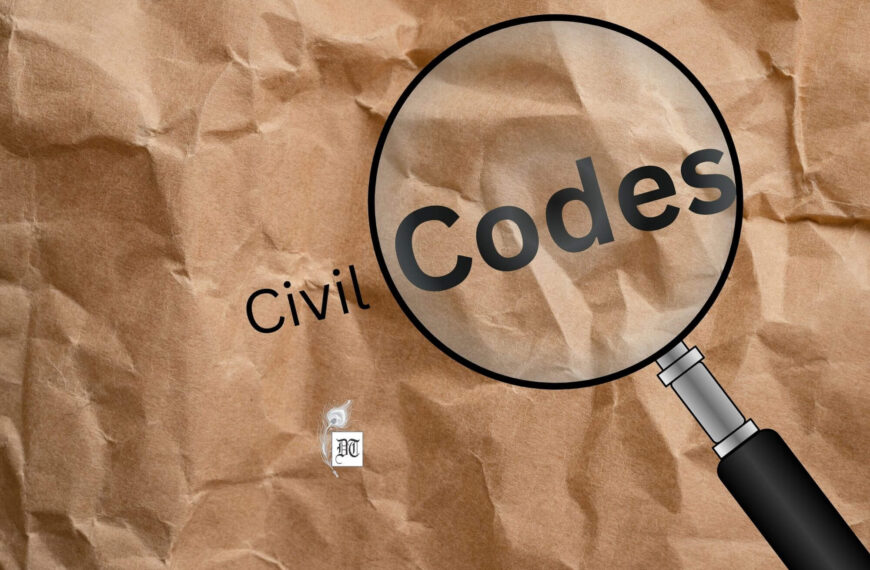
 By
By